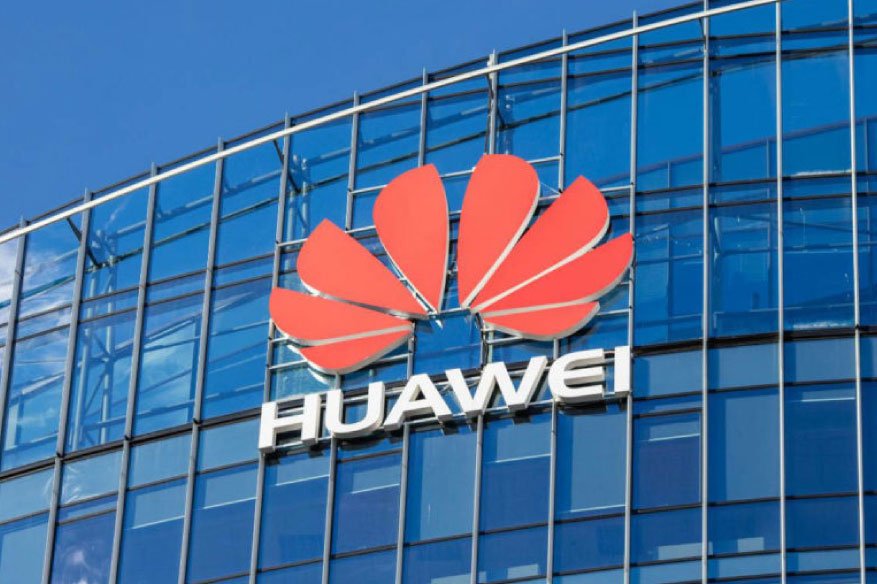S&P Cautioned The US, Huawei Ban Bad For US Firms

In the ongoing trade war between the United States and China, embattled electronics firm Huawei found an ally from no other than Standard and Poors (S&P), a credit rating agency. S&P cautioned the United States of its strong Anti-Huawei stance, as it will likely have bad effects on the profitability of electronic component suppliers where Huawei buys from to build its fleet of smartphones and networking equipment. The Huawei ban as imposed by US companies in compliance with the President’s Executive Order may also motivate China to develop their internal industries, especially in the areas of supply chain and producing electronic spare parts.
“In turn, this could heighten competition in the technology sector and potentially lower the long-term growth prospects of US technology firms. In the next one to two years, we believe US semiconductor firms will take the biggest hit because many of them count Huawei as a key customer,” explained S&P Global Ratings credit analyst Mark Habib.
The United States government is pushing to cripple Huawei, which it believes to be under the direct supervision of the Beijing government. S&P believes that Huawei, though one of the vendors of 5G equipment is not the end all and be all of the 5G technology. The rating agency underscored that other vendors are equally capable of supplying the market with 5G-ready radios for smartphones and other devices.
“The ban adds a headwind to an industry in the middle of a correction due to weak demand after a strong 2018, above-average inventories both at manufacturers and in the supply chain, and elevated tariffs on Chinese imports under the current US-China trade dispute,” added Mark Habib.
Theoretically, the lost of Huawei means a gap with the availability of 5G radios will affect the global market. There is no assurance that the rest of the market can fill the void once Huawei officially releases their 5G products but are banned from entering the US market. S&P believes that both Europe and Asia will pick-up and fill the gap where Huawei used to be, especially in the US.
“If reports of a 5G gap are true, operators in markets facing Huawei restrictions could theoretically see higher equipment spending or delays in 5G implementation. But given the lack of value-added, 5G-ready use case applications, our forecast for 5G investment and customer appetite is bearish, so any incremental increase cost or delay should be nonmaterial to the ratings,” emphasized Mark Habib.
S&P believes that there is no immediate pressure for the world to immediately embrace 5G technology. It is normal for current mobile technology (LTE) to mature long enough. Though the credit rating agency also recognizes that when it comes to 5G roll-out Europe surely will be a laggard compared to the United States and the Asia-Pacific region.
Apple is a huge company that is largely dependent on the supply of Chinese-labor in order to manufacture iOS devices both on time and enough yields. S&P strongly disagrees that Apple can move-out of China for its manufacturing soon enough in full compliance with the President’s EO.
“The consequences for telecom are likely to vary from country to country and largely relate to longer-term 5G investment decisions, which give operators more time and options for managing the fallout,“ concluded Mark Habib.
Also Read:
Australia Doesn’t Want Huawei And Zte For Their 5G Networks
Huawei a Threat to Australia’s Infrastructure, Says Spy Chief